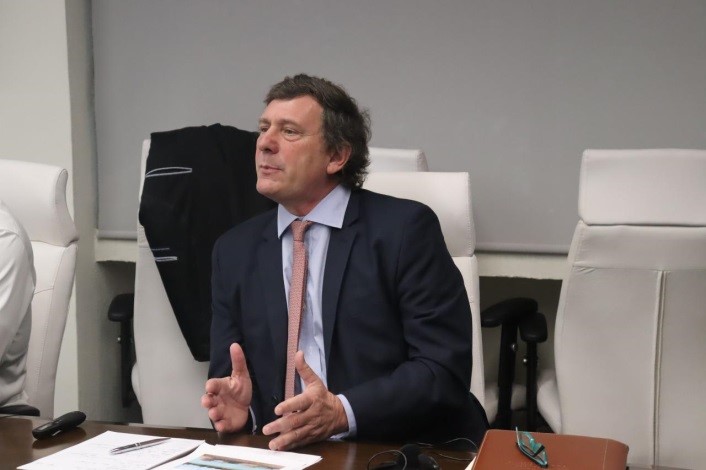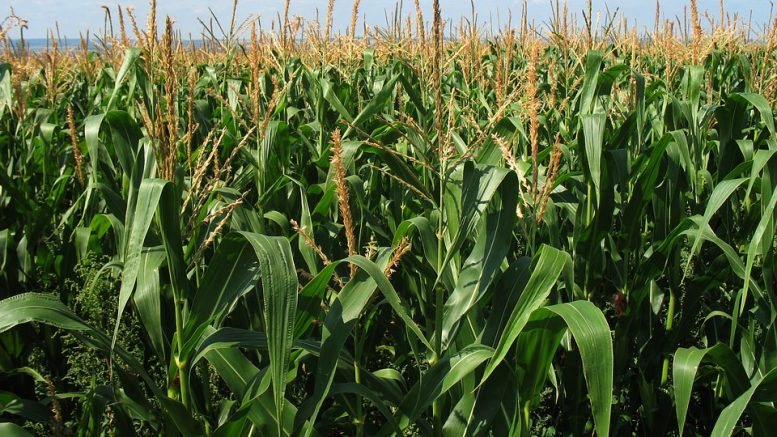“Farmers from Argentina, Brazil and the US compete in world markets, but we work together to access new markets and share a very similar production system.”
 Federico Zerboni is an agronomist, president of the International Maize Alliance (Maizall), vice president of the Argentine Corn and Sorghum Association (Maizar), and a farmer in Argentina. Maizall brings together associations of corn farmers from Argentina (Maizar), Brazil (Abramilho) and the United States (US Grains Coucil and National Corn Growers Association).
Federico Zerboni is an agronomist, president of the International Maize Alliance (Maizall), vice president of the Argentine Corn and Sorghum Association (Maizar), and a farmer in Argentina. Maizall brings together associations of corn farmers from Argentina (Maizar), Brazil (Abramilho) and the United States (US Grains Coucil and National Corn Growers Association).
Maizall
Maizall is an international alliance formed by farmers and associations of maize growers from Argentina, Brazil and the USA, which today produce more than 50% of the world’s corn and participate in more than 81% of the corn that is exported in the world.
Farmers from Argentina, Brazil and the USA compete in world markets, but we work together to access new markets and share a very similar production system, based on science, good agricultural practices, biotechnology and innovation.
Maizall’s goal is to make our production system environmentally, socially and economically sustainable. We believe that sustainability has to be profitable. A profitable system that is not sustainable will not work. As producers, we have a challenge and a responsibility: we must generate food for the world, taking care of the environment and productivity.
The Market
The main corn importers in the world are: China, Mexico, EU, Japan, Vietnam, South Korea, Iran, Egypt, Colombia and Saudi Arabia, importing between 180 and 200 million tonnes of corn per year.
The pandemic, the war in Ukraine and climate change have alerted the world to food and energy security and food supply to many countries. This has created uncertainty in prices and in world markets, causing a lot of volatility in corn prices. This price depends on several factors, which affect supply and demand, such as the drought in the European Union and in part of the USA, the decrease in the supply of corn from Ukraine, which will restrict the supply together with the increase in demand from the of importing countries that are increasing demand for fear of not getting maize in the future. All this makes the price very sustainable for the coming months.
Biotechnology and Agriculture
The three countries that are members of the Maizall are characterized by sharing a production system that combines biotechnology with good agricultural practices, such as no-till, digital agriculture, efficient nutrient management, selective application of phytosanitary products, among others. This management generates the following benefits:
– Decrease in the application of phytosanitary products per hectare, in the use of fossil fuels, in carbon emissions and in the carbon footprint.
– Resistance or tolerance to viruses, insects, herbicides and drought in crops.
– Greater care for the soil, sustainability, biodiversity, water use efficiency, producer profitability and harvested grain quality.
-We have used GMO production technology for over 26 years, going through rigorous approval processes for both the environment and human health.
For all this, Maizall farmers will continue to use these technologies and work together to feed the world and show the benefits of our production system.
READ MORE:

